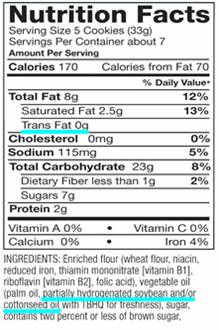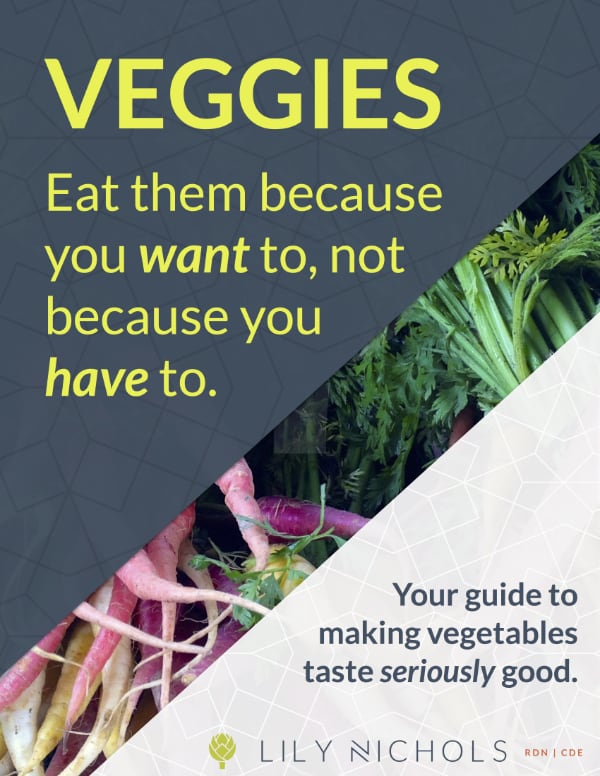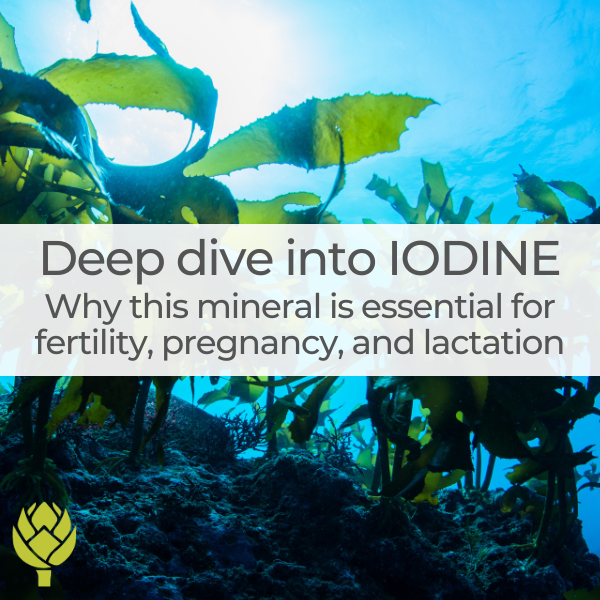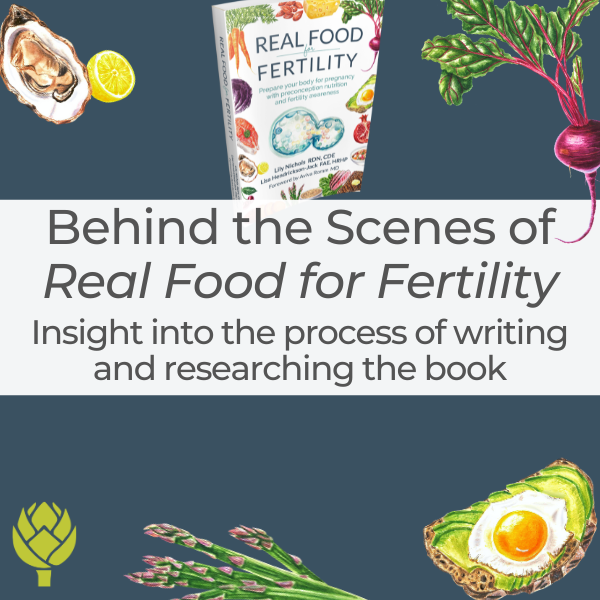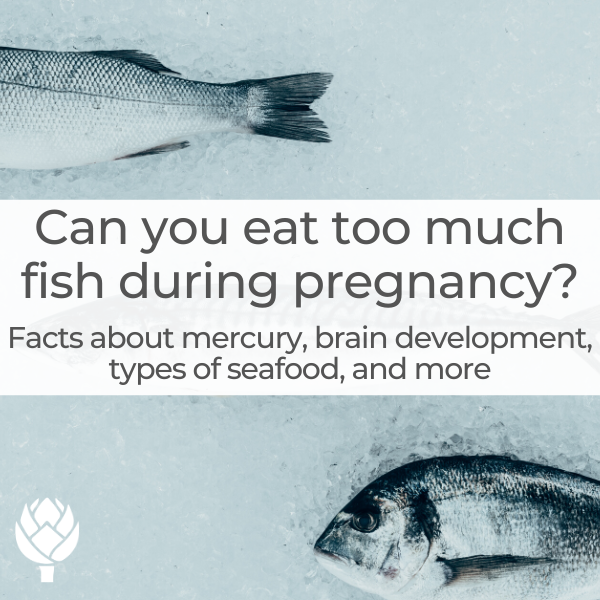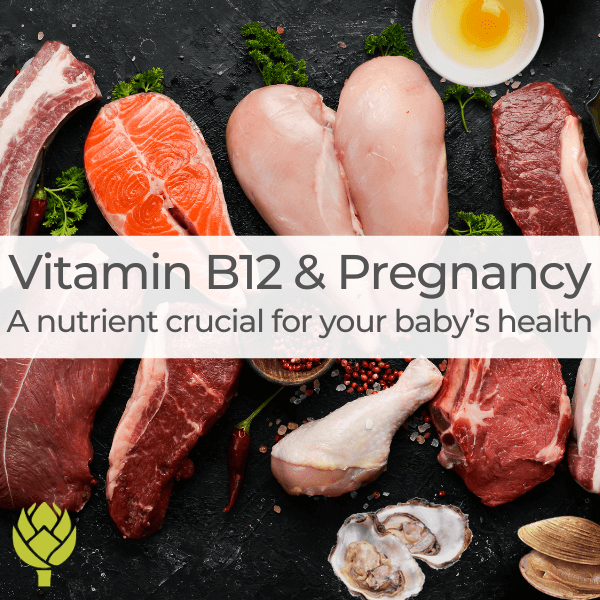In the 4th installment of my series of food label claims that mean nothing, I’m tackling “trans fat free”.
Trans fats are the villainous, industrially produced fats made from vegetable oil that has been transformed into a solid through a process called hydrogenation.
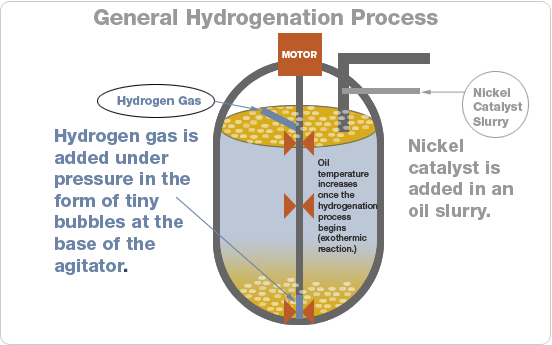
Any product made with “partially hydrogenated oils” will contain trans fat. So, how come I can find products that advertise “0 grams Trans Fat” and “Trans Fat Free” that contain “partially hydrogenated oils” in the ingredient list? How did this happen?
One major loophole, that’s how.
When trans fat labeling went into effect in 2006, food manufacturers lobbied the FDA to exempt them from what they called “trace” amounts of trans fats in food. They claimed it would be too hard to eliminate trans fats from their baked goods, chips, and twinkies without significantly altering the taste, texture, shelf life, and cost. So, FDA agreed to allow 0.5g of trans fats PER SERVING in a product and still permit it to advertise “Trans Fat Free” and claim “0g Trans Fat” on the nutrition facts panel.
Just look at these cookies…
Well, what happens when the serving size is five cookies, it secretly contains 0.49g of trans fat and you eat 10? Whelp, you just ate ~1g of trans fat and increased your risk of heart disease three-fold 1. And by the way, when trans fats are decreased, food manufacturers must use preservatives, such as BHT or TBHQ to prolong the shelf life or inter-esterified fats – also no bueno. In the image above, it’s likely that the food company reduced the trans fat content to get the label to state 0g trans fat, but were forced to add TBHQ to maintain the shelf life.
In one study of 33,000 women, those with an average intake of only 3.6g of trans fat/day had triple the risk of heart disease compared to women who consume 2.5g or less/day. Those statistics are a wake up call that teeny tiny amounts of this stuff are extremely damaging to our bodies.
“Trans fats are a dangerous and unnecessary component of our diets,” says Dr. Nieca Goldberg, medical director of the Women’s Health Program at New York University Medical Center. “When you look at data like this, it’s scary. Just a small change gives you a great increase in risk.”1
Your best bet? Read the ingredients and avoid any product that lists “partially hydrogenated oil”.
Did you like this post? If so, be sure to sign up for email updates below and get more nutrition tips delivered to your inbox each week.
If this information was new to you, it probably is news to your loved ones. Be sure to share it with them! You never know. This little bit of knowledge might prevent a heart attack 15 years from now.


